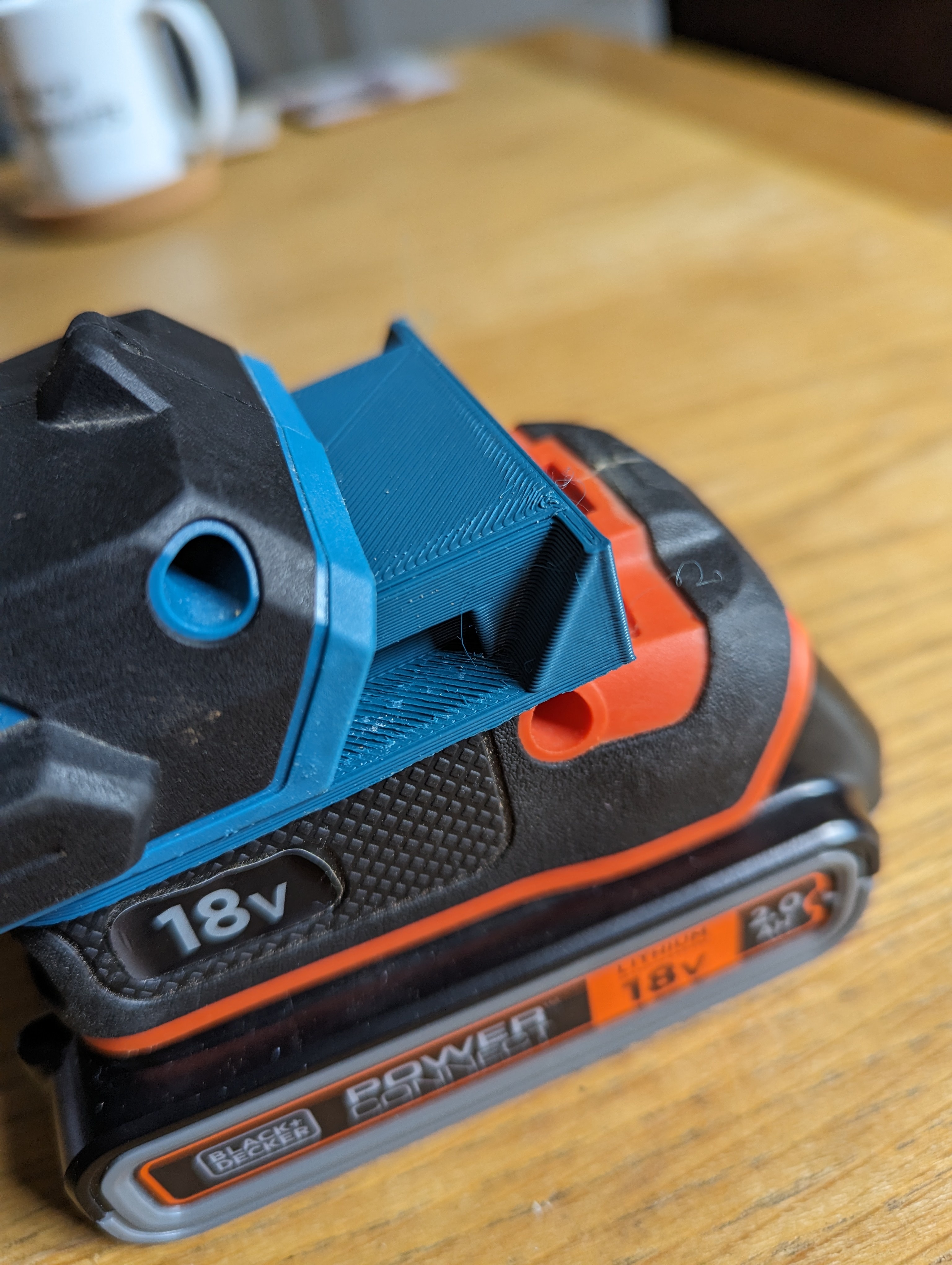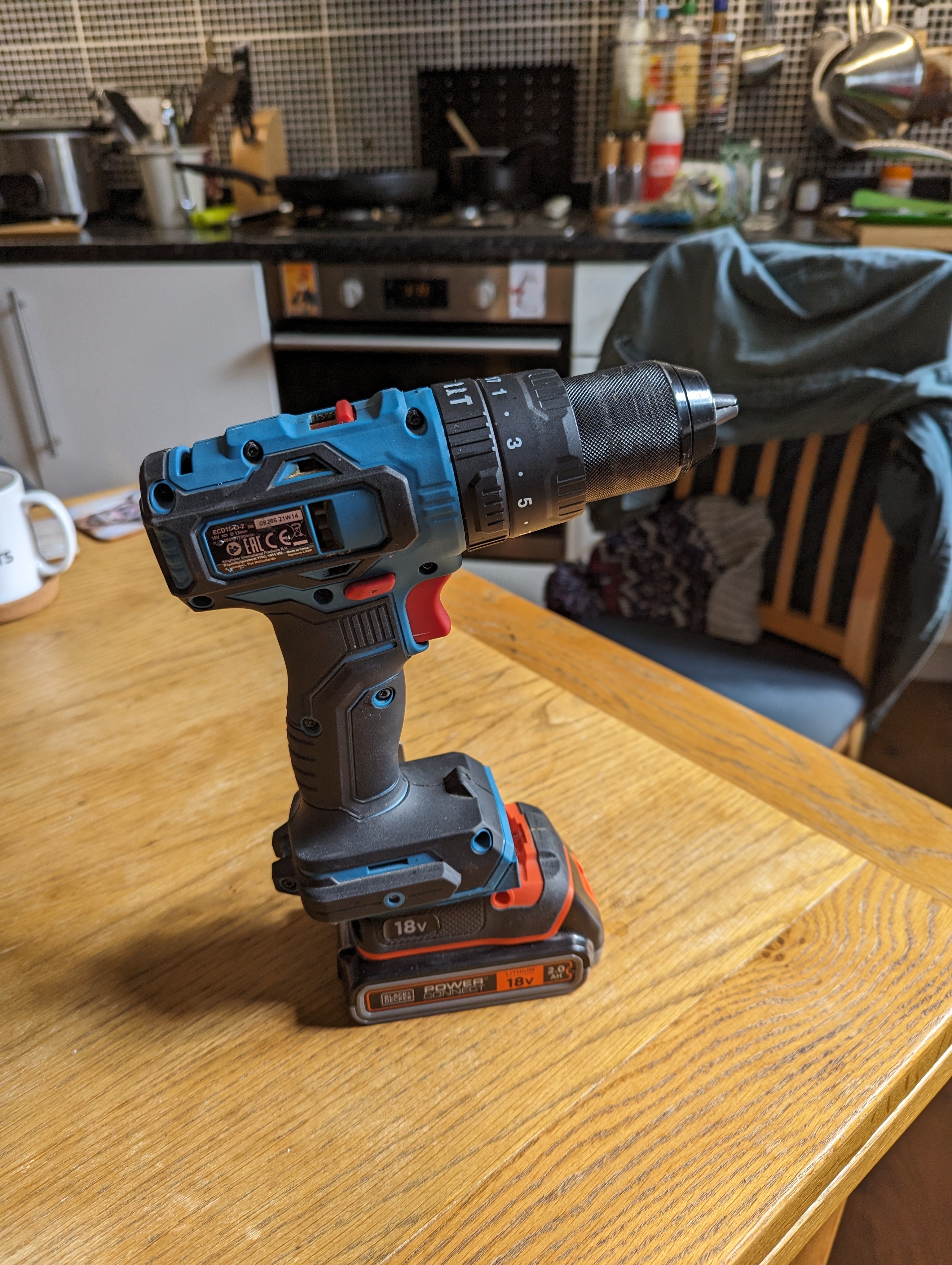3DPrinting
3DPrinting is a place where makers of all skill levels and walks of life can learn about and discuss 3D printing and development of 3D printed parts and devices.
The r/functionalprint community is now located at: or !functionalprint@fedia.io
There are CAD communities available at: !cad@lemmy.world or !freecad@lemmy.ml
Rules
-
No bigotry - including racism, sexism, ableism, homophobia, transphobia, or xenophobia. Code of Conduct.
-
Be respectful, especially when disagreeing. Everyone should feel welcome here.
-
No porn (NSFW prints are acceptable but must be marked NSFW)
-
No Ads / Spamming / Guerrilla Marketing
-
Do not create links to reddit
-
If you see an issue please flag it
-
No guns
-
No injury gore posts
If you need an easy way to host pictures, https://catbox.moe/ may be an option. Be ethical about what you post and donate if you are able or use this a lot. It is just an individual hosting content, not a company. The image embedding syntax for Lemmy is 
Moderation policy: Light, mostly invisible
view the rest of the comments


Yes, and also.... Please make a good faith attempt to understand allowable continuous discharge rates for the batteries. (Spoiler: Most battery packs are going to be well within a safe range and may also limit output current.)
For example: If a drill has a maximum current draw of 2 amps and the pack is only capable of discharge rate of 1 amp, you are risking a thermal runaway condition. (Lithium batteries get esplody in those conditions.)
Battery packs generally use a series-parallel wiring arrangement to decrease per-cell discharge and any protection circuits should limit total current draw. Knockoff battery packs may lack protection circuits, but for this specific problem the way the batteries are wired should prevent or limit any issues.
(I get a bit preachy when it comes to battery safety. Sorry. Many people simply do not realize how energy-dense our device batteries are these days.)